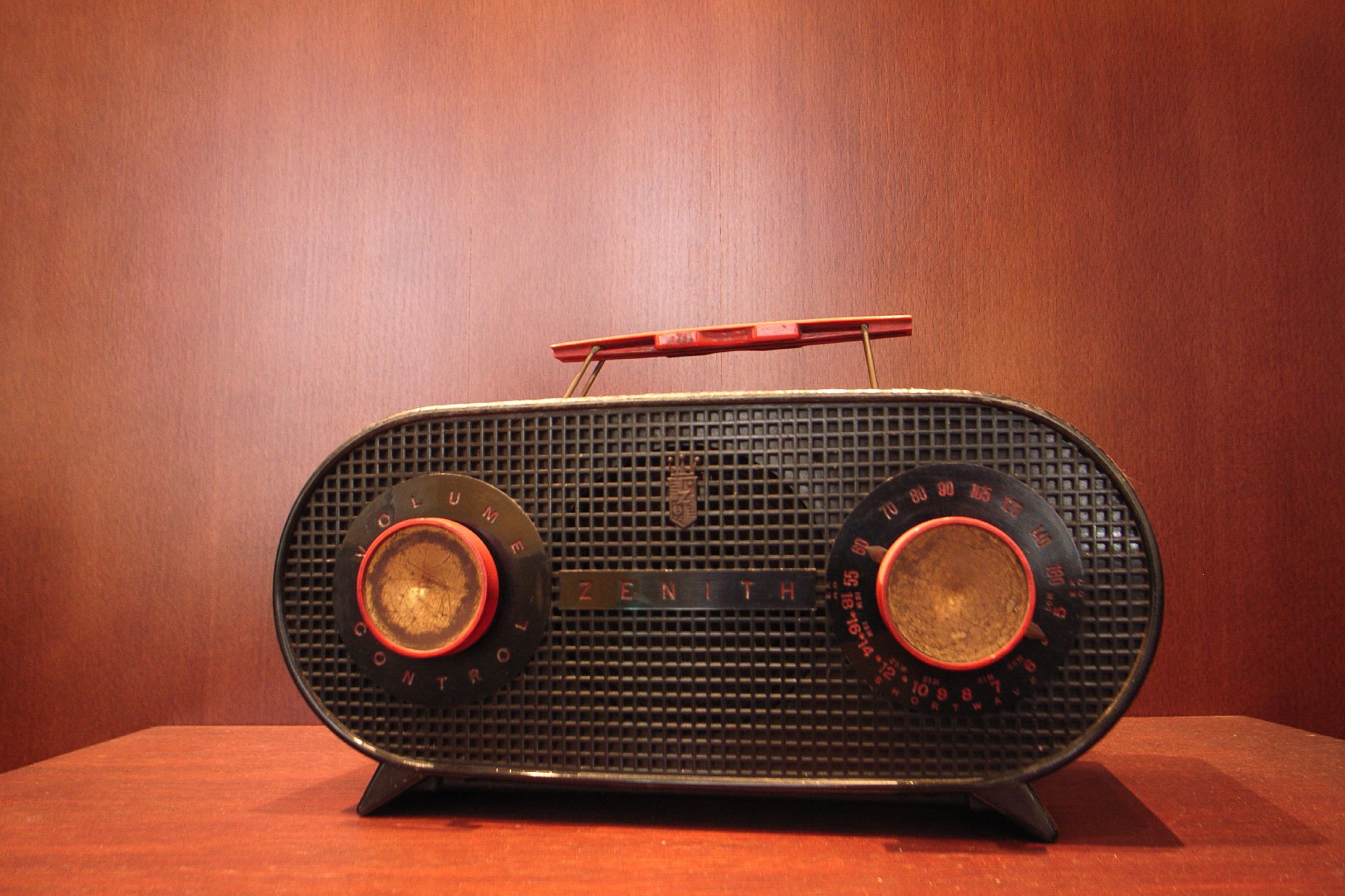The past really is a foreign country
One of my favorite local public radio shows is Old Time Radio Drama on Wisconsin Public Radio. a show that consists of rebroadcasts of classic radio shows from the decades before television. We were driving home from the Twin Cities the day before Labor Day and caught some of the show as we came within range. The last of the rebroadcast shows was a 30-minute version of Moby Dick. Unfortunately the signal was marginal, so we didn’t hear much of it. But we did hear that 1) it was broadcast on NBC on Labor Day weekend in 1938; 2) it was directed by Orson Welles; and 3) it was sponsored by Pabst Blue Ribbon beer (“the blended, splendid taste of Pabst”).
I spend the rest of the driving imagining an America where one of the largest breweries in the world confidently expected millions of their customers to sit by their radios to hear a dramatization of a 19th-century literary masterpiece by the most famous movie director on the planet. It seemed a very different country than the one I arrived in lo those many years ago – much less the one we live in now.
That’s not to say that great art can’t still reach millions of people. But the great art that does that today is not generally what is regarded as “canonical” – in almost all art forms (with the possible exception of TV and film costume drama), the canon has become a niche business. Of course it’s possible for niche enterprises to thrive. But they won’t do so by pretending that it’s still 1938.


No comments yet.
Add your comment